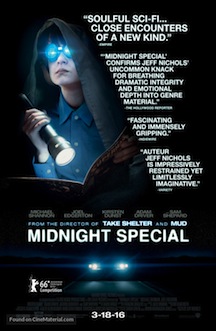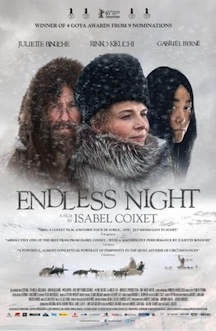Directed by Joachim Trier
Country: USA / Norway / other
Suffused with dramatic nerve but slightly off-tone, “Louder Than Bombs” is the latest drama from the Norwegian director Joachim Trier, who also co-wrote with his habitual accomplice, Eskil Vogt.
The successful collaboration between the two men spawned two great Norwegian dramas in the past, cases of “Reprise” in 2006 and “Oslo, August 31st” in 2011.
Now they felt like moving settings from Oslo to New York and the language changes from Norwegian to English, but despite the marvelous international cast and the well-established place and time, the film isn’t such a loud ‘bomb’ as suggested.
The family drama is depicted with a certain mystery, which never really bites hard, and revolves around the death of the acclaimed war photographer, Isabelle Reed (Isabelle Huppert), who after a fatal car crash leaves Gene (Gabriel Byrne), her benevolent husband, and their problematic younger son, Conrad (Devin Druid), living together. The communication between them can be compared to a cell phone trying to operate without a network, which is the same to say: useless. Gene tries to get closer to the weird Conrad, visibly in an emotional turmoil, in order to understand his needs and behaviors, but the teenager is angered with life, immersing himself in video games and wandering alone after school.
Soon, Gene’s older son, Jonah (Jesse Eisenberg), a college professor whose wife just gave birth, arrives solo at the house to help his father going into the stuff of the melancholic Isabelle and put it in order. Jonah also has his own problems to solve since he’s unhappy with his relationship and is still deeply attracted to a former girlfriend with whom he unexpectedly reconnects. However, he’ll be of extreme importance for the equilibrium of the family, and the one with whom his brother feels comfortable to open up with.
At the same time and to complicate the situation, an article about Isabelle is being prepared to come out in the NY Times. The author is Richard Weissman (David Strathairn), a journalist who was completely aware of her depressive state and knew her too well to make the family comfortable.
The structure set by Mr. Trier, often resorting to flashbacks, awaken my curiosity for the story, but some of the film’s sections deliberately disguise those familiar routines, typical of the genre in question, which revealed to be sparse in terms of inspiration. Here, the characters’ feelings are more explicit rather than implicit, contrasting with the secrets of Isabelle and the doubts related to her death.
“Louder than Bombs” is a minor film when compared with the filmmaker’s earliest works. Even labeling it as watchable, I believe it doesn’t bring any special rewards to the viewer.








































